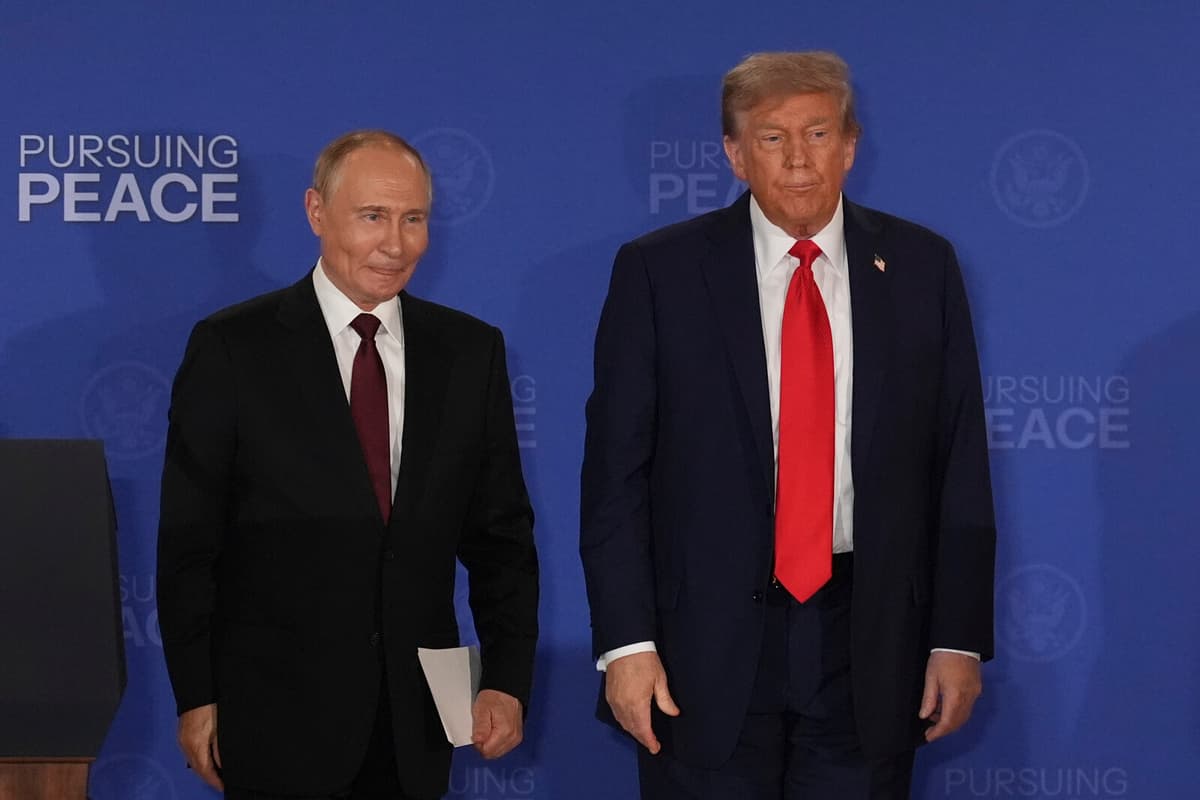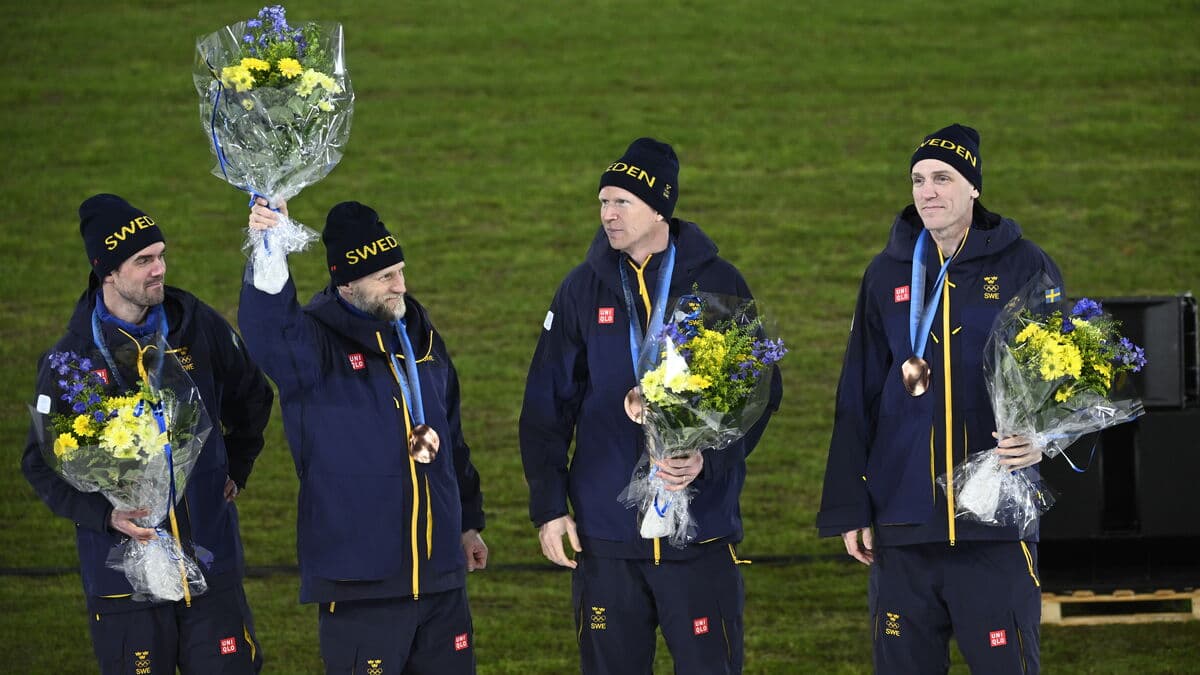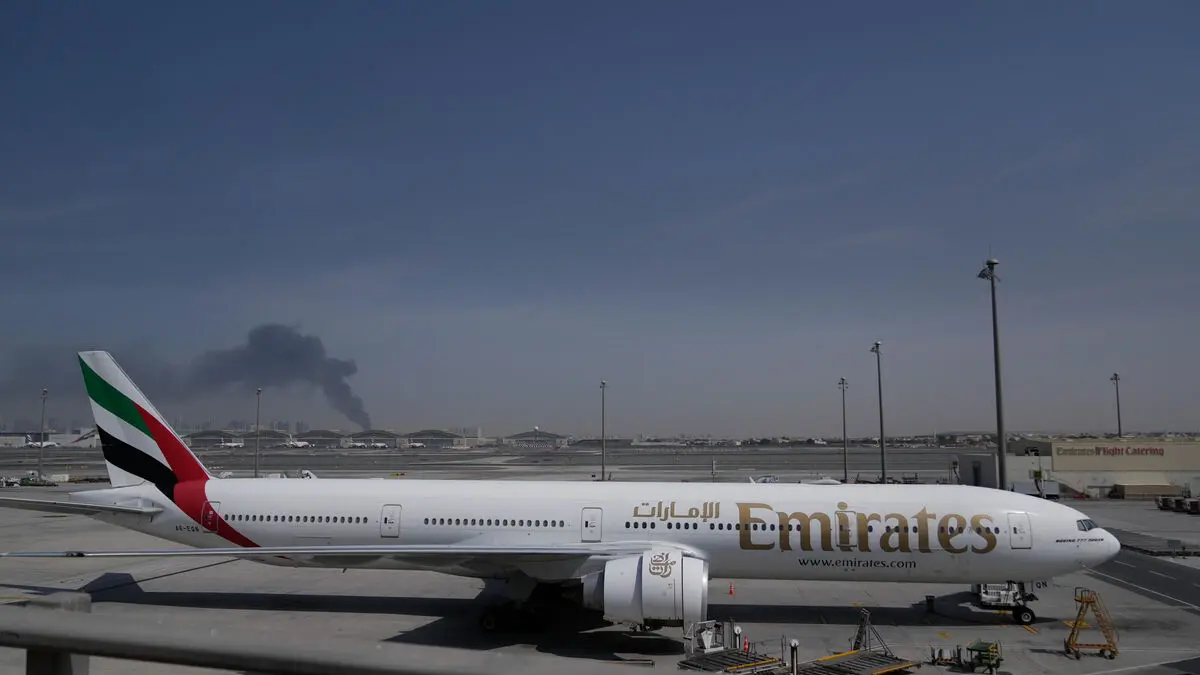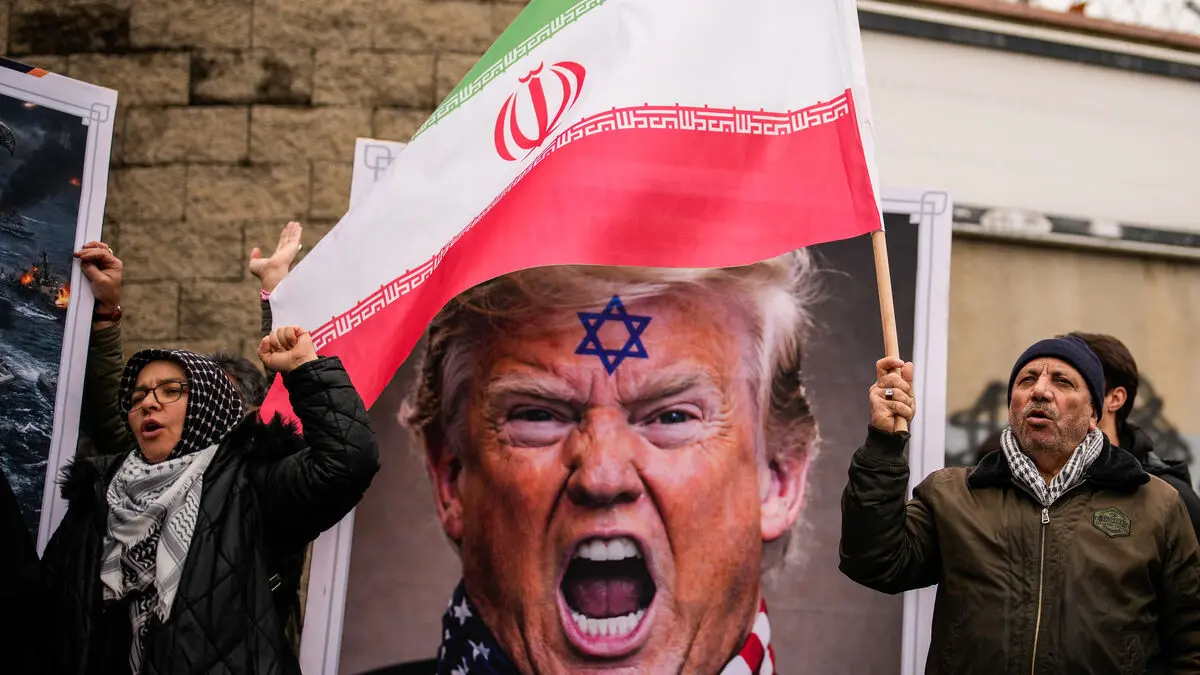After the nearly three-hour meeting between the leaders, which was held in Alaska, the presidents called a press conference.
They did not share any details. They had in principle nothing to say, says Kupchan, who previously worked in the White House when Barack Obama and Bill Clinton were presidents.
Even though it does not seem like the two leaders have come up with much concrete, there were worse scenarios for how the meeting could have ended, according to Kupchan.
Putin released from isolation
I think that Zelenskyj and European leaders in some cases breathe a sigh of relief. What I think they were very worried about was that Trump would conclude a bad agreement, over the head of Ukraine. And it does not seem to have happened, he says.
No agreement is better than a bad agreement.
At the same time, the meeting is a success for Russia. Putin has been released from the diplomatic isolation he was in, and has been welcomed on American soil. Charles Kupchan thinks that there is reason to believe that Putin does not have an honest interest in the negotiations.
I think he believes that he can win the war, that he has time on his side. And he has an interest in biding his time by flying to Alaska and meeting Trump, and pretending to be interested in diplomacy.
Sanctions likely
Trump has previously threatened to seriously disrupt Russia's war economy if Putin does not agree to a ceasefire. Although the tone after the meeting sounded positive, and Trump used words such as it being an "extremely productive" meeting, it is still likely that he will introduce new sanctions against Russia, according to Kupchan.
Trump seems to have changed his view of Putin in recent months. He got angry with Putin, because he felt exploited by him.
According to Kupchan's assessment, the potential sanctions would not prevent Russia from continuing the war.
I think that the next six months will be very similar to the last six months, he says.
Putin pretends to be ready to negotiate an end to the war, and the war continues.






